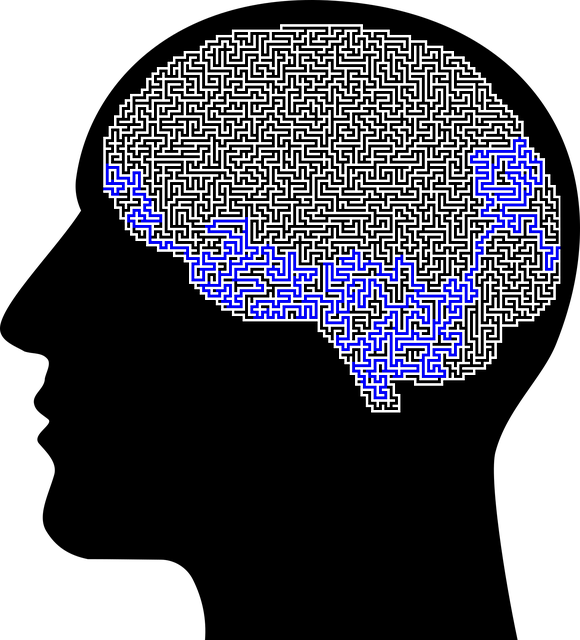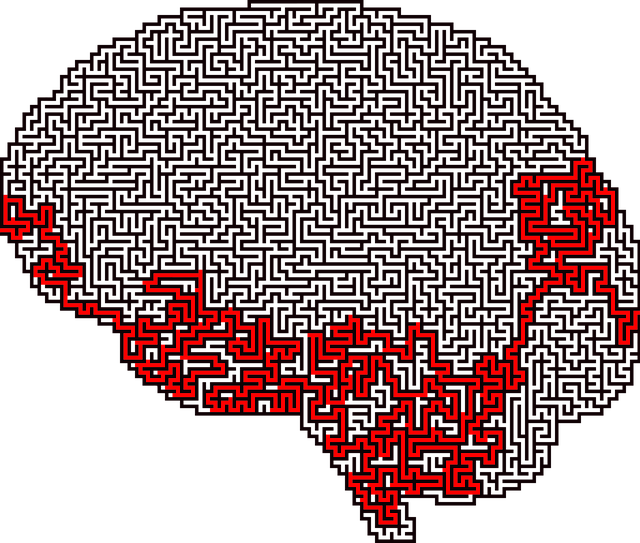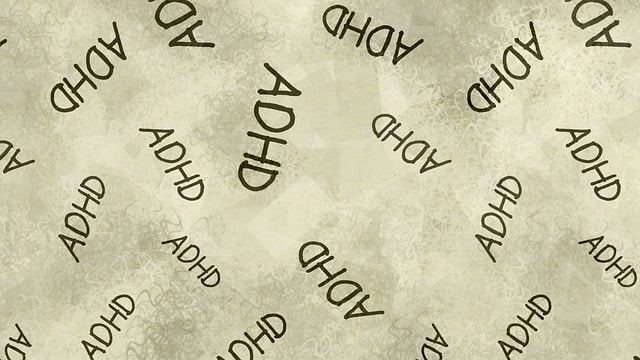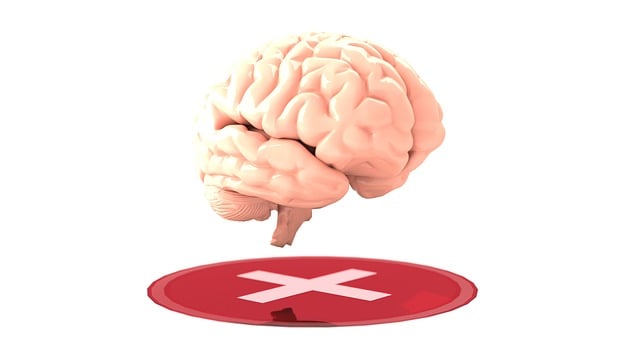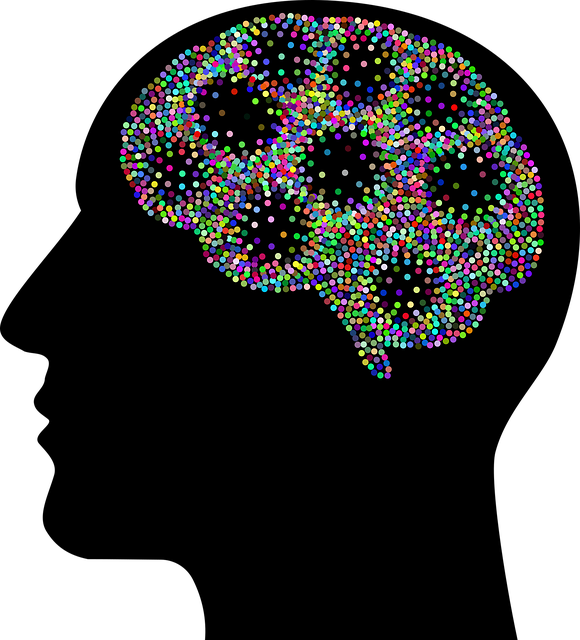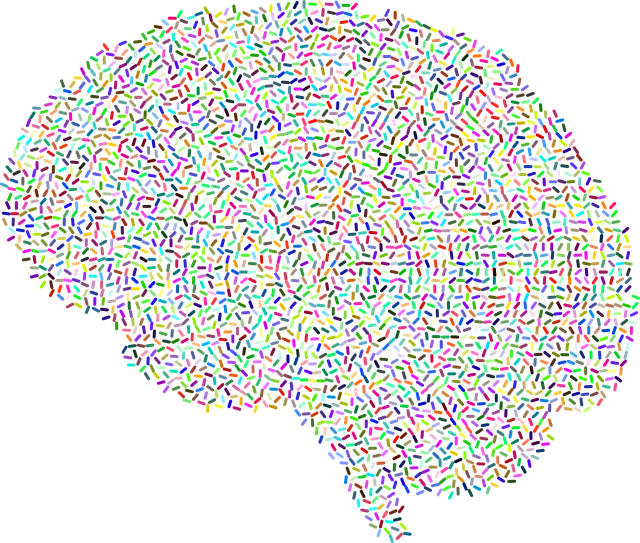Understanding Mental Health Data involves structured assessments by trained professionals using standardized tools, followed by data cleaning, risk assessment, and communication among healthcare providers. For Lone Tree Dissociative Disorder (LTDD), advanced data interpretation techniques are used to personalize treatment plans focusing on symptom understanding, trauma support, compassion cultivation, and self-care routines. Statistical methods reveal patterns in rare conditions like LTDD and aid in burnout prevention for healthcare providers, public awareness campaigns, and promoting mental wellness through workload analysis. Accurate data interpretation empowers therapists to develop effective strategies, address diverse symptoms, maintain privacy, consider biases, and incorporate cultural factors for improved mental health care.
Mental health data analysis is a powerful tool for understanding complex conditions like dissociative disorders, such as Lone Tree Disorder. This article explores the process of collecting, preparing, and interpreting mental health data to drive effective therapy strategies. We delve into a case study highlighting how statistical techniques unveil insights into rare conditions, offering hope for improved treatment outcomes. Additionally, we discuss challenges and ethical considerations in data analysis, emphasizing responsible practices in Lone Tree Dissociative Disorder therapy.
- Understanding Mental Health Data: Collection and Preparation
- Analyzing Dissociative Disorders: A Case Study of Lone Tree Disorder
- Unlocking Insights through Statistical Techniques
- Interpreting Results for Effective Therapy Strategies
- Challenges and Ethical Considerations in Data Analysis
Understanding Mental Health Data: Collection and Preparation

Understanding Mental Health Data involves a meticulous process of collection and preparation. Gathering data on mental health is a complex task, as it requires capturing nuanced information about individuals’ experiences, behaviors, and emotional states. This process often begins with structured assessments, where trained professionals use standardized tools to evaluate symptoms, cognitive functions, and overall psychological well-being. For instance, in the case of Lone Tree Dissociative Disorder Therapy, clinicians might employ diagnostic questionnaires and interviews tailored to identify dissociative symptoms and their underlying causes.
Preparation of mental health data includes cleaning and organizing the collected information. This step is critical as it ensures data accuracy and consistency, facilitating meaningful analysis. It involves handling missing values, identifying outliers, and categorizing data for subsequent interpretation. For risk assessment purposes, particularly in mental health professions, this preparation stage allows for the identification of patterns and correlations that can predict potential crises or areas requiring intervention, such as Anxiety Relief strategies. Effective communication strategies among healthcare providers are also vital during this phase to ensure a comprehensive understanding of each patient’s unique journey.
Analyzing Dissociative Disorders: A Case Study of Lone Tree Disorder

Lone Tree Dissociative Disorder, a unique and complex mental health condition, presents intriguing challenges for therapists. This case study explores how specialized therapy approaches can be tailored to address this rare disorder. The process involves an in-depth analysis of an individual’s dissociative experiences, often stemming from early traumatic events. By utilizing advanced data interpretation techniques, therapists uncover the intricate web of dissociation, enabling them to design personalized treatment plans.
The journey towards recovery starts with understanding the patient’s symptoms and their underlying causes. Trauma Support Services play a pivotal role in this, offering compassion and nurturing environments. Compassion Cultivation Practices have shown promise in helping individuals process traumatic memories and reduce dissociation. Additionally, Self-Care Routine Development for Better Mental Health is a crucial component, empowering patients to manage their symptoms effectively and fostering overall well-being.
Unlocking Insights through Statistical Techniques

Unlocking Insights through Statistical Techniques
In the realm of mental health data analysis, statistical techniques play a pivotal role in uncovering meaningful patterns and trends hidden within vast datasets. By employing sophisticated methods, researchers and clinicians can gain profound insights into various aspects of mental wellness, such as prevalence rates, risk factors, and treatment outcomes. This process is particularly crucial for rare disorders like Lone Tree Dissociative Disorder, where limited research data exists. Statistical analysis enables professionals to identify potential correlates and develop evidence-based interventions more effectively.
Moreover, these techniques contribute to the development of burnout prevention strategies for healthcare providers, a critical component of maintaining a robust mental health care system. By analyzing workload, stress levels, and job satisfaction data, researchers can design targeted interventions aimed at enhancing public awareness campaigns development and promoting mental wellness on a larger scale. Through such analyses, we move closer to addressing mental health challenges holistically and ensuring accessible, quality care for all.
Interpreting Results for Effective Therapy Strategies

When analyzing mental health data, particularly for conditions like Lone Tree Dissociative Disorder, interpreting results accurately is key to developing effective therapy strategies. This involves a nuanced understanding of the patient’s symptoms, triggers, and overall well-being. By delving into the data, therapists can identify patterns that may reveal specific areas needing attention. For example, increased reports of detachment or altered states of consciousness could indicate a need for dissociative disorder therapy tailored to address these particular manifestations.
Integrating evidence-based practices like Mindfulness Meditation and Self-Awareness Exercises can significantly enhance therapeutic outcomes. Regular sessions focusing on present-moment awareness and introspective reflection may improve self-regulation, reduce symptoms of dissociation, and foster better emotional connectivity. Additionally, addressing Self-Esteem Improvement through targeted exercises can empower individuals to develop a more positive self-perception, thereby strengthening their resilience and coping mechanisms.
Challenges and Ethical Considerations in Data Analysis

In the realm of mental health data analysis, several challenges and ethical considerations come to the forefront. One significant hurdle is the heterogeneity of symptoms and diagnoses, such as Lone Tree Dissociative Disorder Therapy, which can complicate the interpretation of aggregate data. Each individual’s experience with mental health issues is unique, making it crucial to approach data analysis with a nuanced understanding. Furthermore, ensuring the privacy and confidentiality of patient information is paramount. Healthcare providers must adhere to strict ethical guidelines when dealing with sensitive data, especially as electronic health records become more prevalent.
The complexity is exacerbated by potential biases inherent in data collection methods. For instance, public awareness campaigns aimed at encouraging mental health screening (e.g., Burnout Prevention Strategies for Healthcare Providers) might inadvertently introduce bias if certain demographics are overrepresented or underrepresented in the data. Additionally, the interpretation of data must consider cultural and societal factors that can influence both the presentation and perception of mental health disorders. Balancing these challenges while maintaining the integrity and accuracy of analysis is essential to inform effective strategies like Burnout Prevention and shape impactful Public Awareness Campaigns Development initiatives.
Mental health data analysis is a powerful tool that can significantly enhance our understanding of complex conditions like dissociative disorders. As demonstrated by the case study on Lone Tree Disorder, applying statistical techniques allows for deeper insights into patient experiences and potential therapy strategies. However, navigating this field comes with challenges and ethical considerations, particularly when dealing with sensitive mental health data. By carefully balancing these factors, healthcare professionals can leverage data analysis to improve diagnosis and treatment outcomes, ultimately fostering more effective therapies for conditions like Lone Tree Dissociative Disorder.

